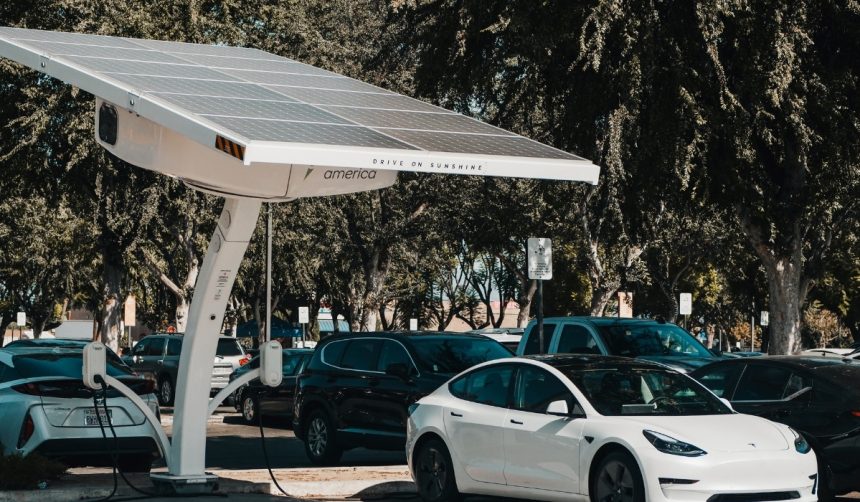Tesla’s involvement in Canada’s electric vehicle rebate initiative has drawn significant attention due to the high number of claims submitted under the Incentives for Zero-Emission Vehicles (iZEV) program. Amidst discussions on EV subsidies and changing market dynamics, the company faced scrutiny regarding the legitimacy of its rebate applications. Observers and industry stakeholders have followed the development closely, seeking answers on compliance and government oversight. The investigation’s outcome may have broader implications for how stakeholders interpret regulatory frameworks surrounding electric vehicle adoption.
Authorities examined a total of 8,653 rebate claims entered by Tesla before a deadline established for the iZEV program. Reports from earlier periods highlighted skepticism about the volume of claims, and speculated on the possibility of irregularities. Other automakers had voiced concerns about program fairness and the transparency of claim submission processes. Public discourse also noted the influence of political dynamics, such as trade tensions and the potential impact on Canadian EV policy consistency.
What Did Investigators Find in the Tesla Rebate Case?
Transport Canada’s review determined that there was no evidence of fraud or misconduct regarding Tesla’s EV rebate claims. The investigation confirmed that the vehicles listed in the applications had all been delivered ahead of the January 12 submission deadline. Canadian officials clarified that due process was followed and the data substantiated the legitimacy of the claims.
How Did Industry Representatives and Authorities React?
The findings led both government officials and industry representatives to acknowledge the result, though lingering questions about information flow remained. Huw Williams of the Canadian Automobile Dealers Association commented,
“I think there’s a larger question as to how Tesla knew to run those through on that weekend,”
highlighting a call for further inquiry into whether any privileged communication had occurred between Tesla and government officials.
Could Broader Factors Affect the Canadian EV Market?
Tesla experienced a decline in sales in Canada during the first half of the year, coinciding with ongoing trade disputes linked to past U.S. administrative policies. Public sentiment was also impacted, as calls for a boycott of Tesla vehicles surfaced due to Elon Musk’s prior associations. Such broader circumstances have contributed to an uncertain environment for EV manufacturers operating in Canada, raising challenges associated with both market access and public perception.
The outcome of Transport Canada’s investigation reinforces the importance of adherence to regulatory guidelines and the need for transparent processes in rebate distribution. While no wrongdoing was identified in Tesla’s application process, concerns about potential preferential treatment and the management of sensitive program information persist among industry stakeholders. For consumers and automotive brands, changes in EV policy and eligibility criteria remain significant factors influencing purchase decisions. For those following the evolution of EV incentives in Canada, understanding both administrative oversight and market factors will be essential for navigating future developments.
- Canadian officials found Tesla’s EV rebate claims to be legitimate.
- The investigation addressed industry concerns regarding compliance and fairness.
- Broader market factors continue to challenge EV adoption in Canada.










